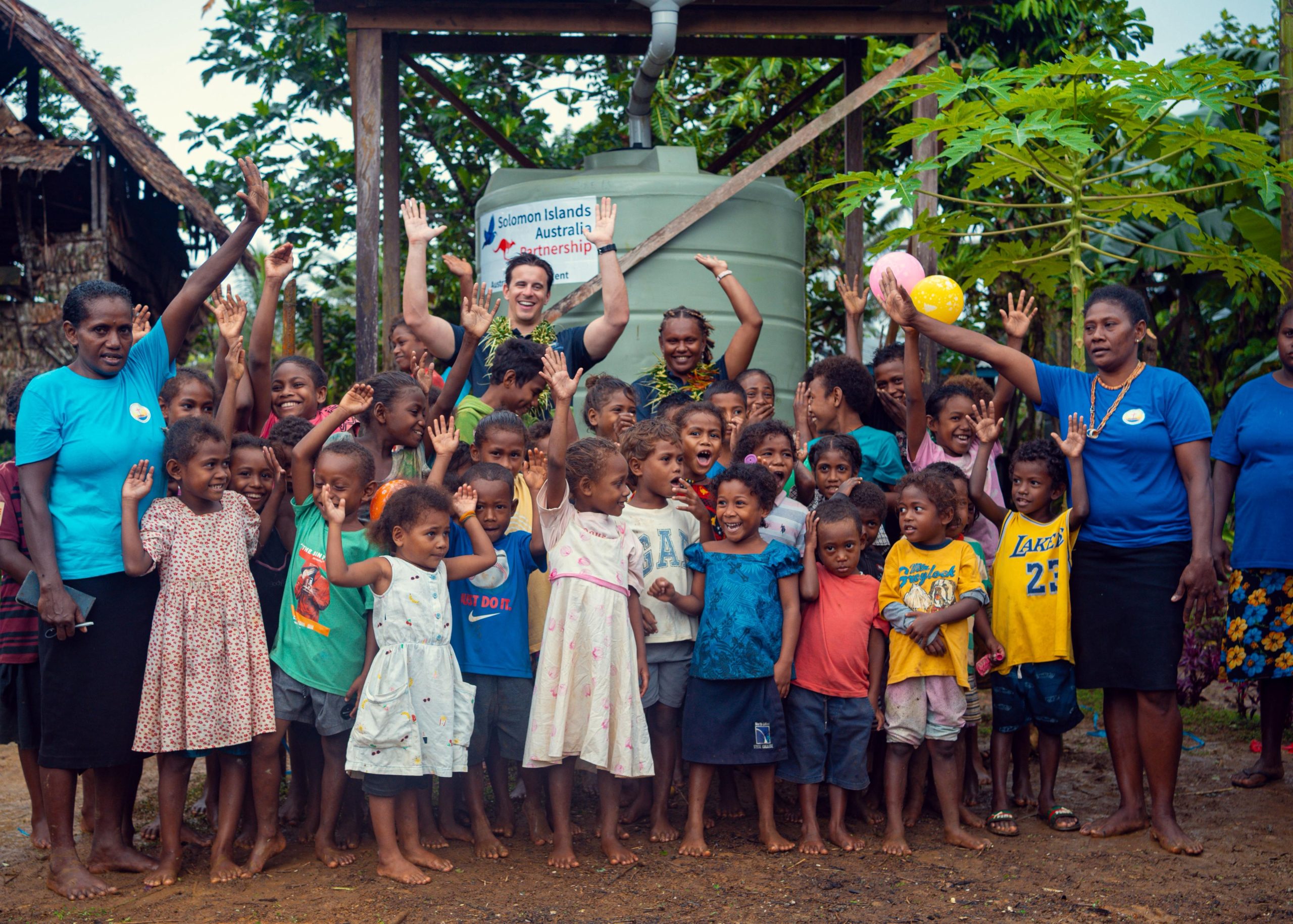The Solomon Islands has been ranked 160th in the world for internet usage penetration
This was based on the latest global internet statistics compiled for World Population Review 2025.
According to the dataset, the country recorded an internet penetration rate of 23%, with approximately 192,900 users connected out of the total population.
In terms of gender distribution, 46.1% of internet users are male and 53.9% are female.
This places Solomon Islands significantly lower compared to other Pacific Island nations such as:
Fiji – Ranked 113th with 71.21% penetration
Papua New Guinea – Ranked 175th with 13.1% penetration
Vanuatu – Ranked 164th with 40.99% penetration
Samoa – Ranked 165th with 61.56% penetration
Tonga – Ranked 170th with 72.29% penetration
At the global level, countries like the United Arab Emirates (122.14%), Qatar (111.12%), and Brunei (106.19%) are among the top-ranking nations in internet penetration, with usage rates exceeding 100% due to multiple subscriptions per person.
Whilst Solomon Islands has 23% penetration rate, it highlights the ongoing challenges in digital infrastructure, connectivity affordability, and network accessibility, particularly in rural and remote communities.
According to the Inclusive Digital Economy Scorecard (IDES) launched in 2024, the Solomon Islands remain in the “start-up phase” with an overall digital economy score of 39%.
Reports stated about 75% of Solomon Islanders currently live in regions with limited or outdated connectivity
It said that initiatives like satellite backhaul, Starlink, SINBIP towers, PFnet, and school/community telecentres are directly targeting rural inclusion via mixed technologies.
‘’These efforts aim to enable e-education, telemedicine, improved disaster response, and digital commerce in previously underserved areas,” the report added.
Under the Solomon Islands National Broadband Infrastructure Project (SINBIP), approximately 161 towers (3G/4G) are planned nationwide.
As of mid-2025, 13 towers are operational on Guadalcanal plus the Russell Islands (like Nukufero), with Phase 2 now underway—covering Western Province and Choiseul — and Phase 3 beginning in early 2025.
Ultimately, this aims to extend mobile coverage to over 80% of the population, connecting an additional 200,000 people.
As the world becomes increasingly digital, the need for national investment in internet infrastructure and affordable access for all citizens is critical.
Stakeholders across government, private sector, and development partners in the country are being urged to collaborate on improving digital access to bridge the information gap and support economic growth, education, and communication.
By ULUTAH GINA
Solomon Star, Gizo





